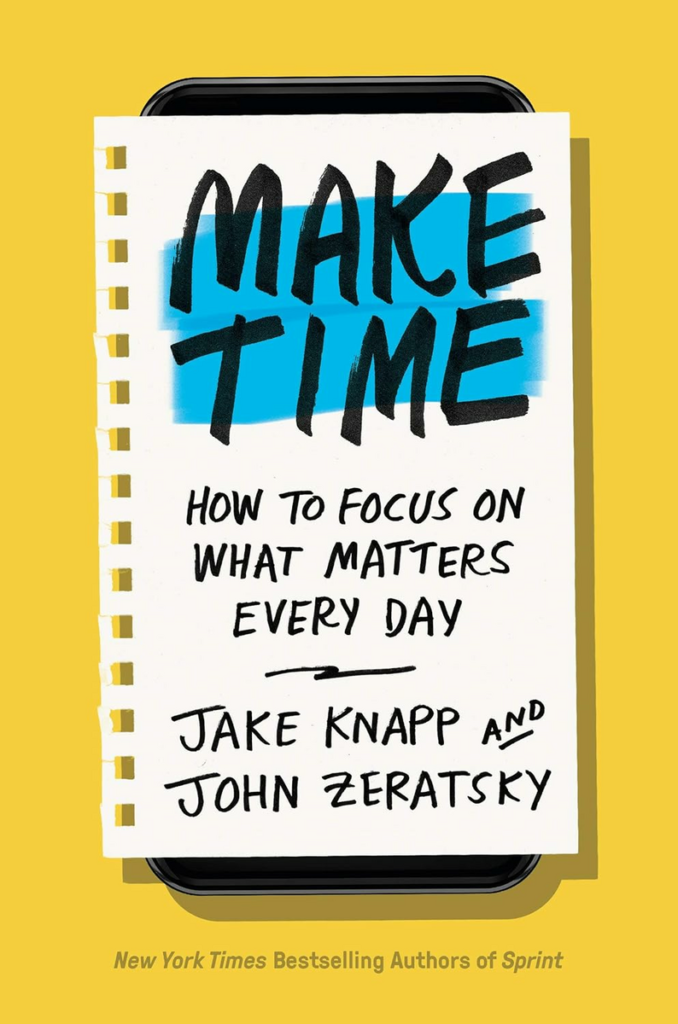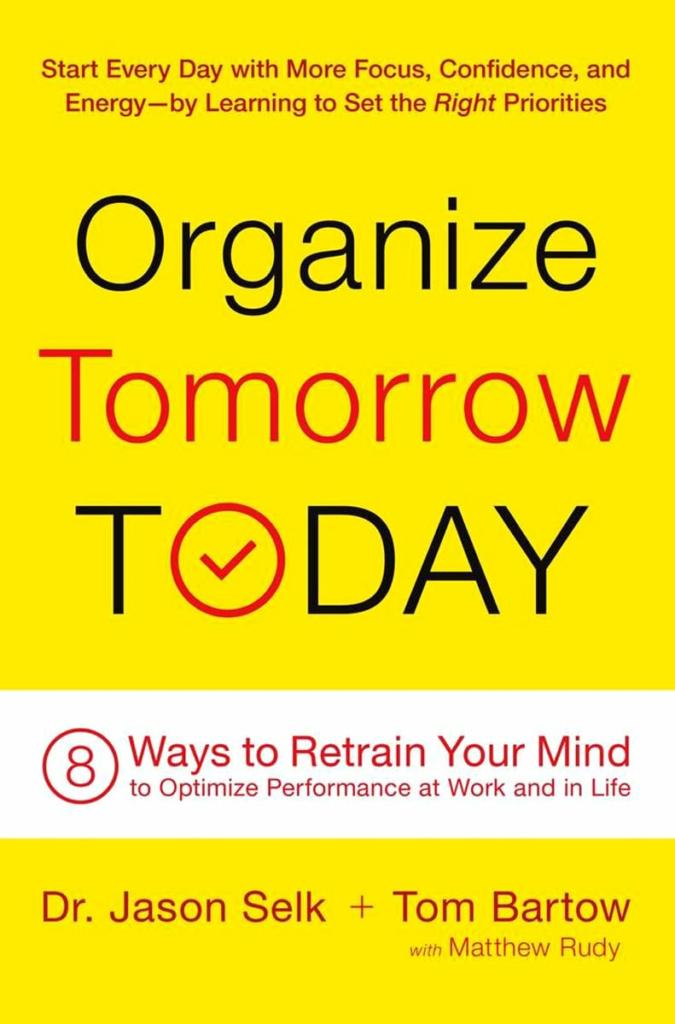What distinguishes an adept project planner from the rest? What specific skills are essential for excelling in this role?
This article delves into these questions, providing insights not only into the key attributes that make a construction planner highly effective but also into strategies for honing and improving these essential skills.
Let’s start with communication.
In this article...
Communication
One of the most crucial skills for a construction planning professional is effective communication.
Think about it: there are so many different stakeholders involved in the construction process, from architects and designers to engineers, subcontractors, clients, suppliers, and many others.
Your job as a planner is to make sure that all stakeholders are on the same page and aware of the overall project goals, as well as their roles and responsibilities within these goals.
One experienced construction specialist agrees:

You also need to maintain a level of transparency, keeping everyone in the loop about project milestones, timelines, or most importantly, any deviations from the original plan.
An ineffective communicator simply won’t be able to successfully manage these tasks.
Research from Grammarly on business communication provides some insight into how the lack of this good communication can harm a project’s success.

According to business leaders across various industries, inefficient communication can be a catalyst for many issues, like decreased productivity, delays, and budget overruns—challenges notably prevalent in the construction sector as well.
Now, you may have observed that some individuals naturally excel in this skill.
They are good listeners, articulate in conveying their intentions, and make everyone feel heard and understood.
Nevertheless, communication skill is still just that: a skill.
It can be learned.
So, if this is an area you want to improve in, consider, for example, investing in an online course.
There are plenty of them available today, but be cautious and conduct thorough research to avoid wasting money on inefficient ones.
Alternatively, communication is often taught as a part of construction management courses in colleges.

Keep in mind that the content and emphasis on this particular skill can vary between different programs.
It’s best to take the time to review the course curriculum and descriptions to understand how communication skills are integrated into the overall education provided by a specific college or university.
Another thing to remember, however, is that theoretical knowledge only goes so far.
The real-life experience is the best teacher, so stay open to learning through practical situations.
Listen actively, ask for feedback, and explore various communication styles, and you’ll be well on your way to becoming an excellent communicator.
Analytical Thinking
The truth is that without analytical thinking skills, you can’t maintain a smooth and disruption-free workflow on busy and often chaotic job sites.
From keeping everything on schedule to allocating resources, overseeing project teams, and more, the construction planner’s role is truly multifaceted.
To ensure the project operates seamlessly, all these components must be meticulously executed.
The key to achieving this?
Analytical thinking.
This skill enables you to assess vast and complex project data, recognize patterns, and make informed, strategic decisions, leading your team toward success.
In relation to that, Autodesk surveyed various construction professionals who unanimously emphasized the significance of data management and analysis skills in attaining peak efficiency in the industry.

The results of this survey are unsurprising since this ability allows individuals to swiftly devise solutions to intricate problems, (often on the spot, too) making it a cornerstone of success in this demanding field.
But what exactly is analytical thinking?
The skill itself, in fact, comprises several aspects.

While it may seem complex when broken down like that, analytical thinking is still learnable.
Numerous courses exist, focusing precisely on analytical thinking, such as the one offered by RIT on edX.

This course has no prerequisites and imparts valuable skills like strategic analysis, assessing critical needs, adaptive problem-solving, and more.
However, to further enhance analytical thinking skills, aspiring project planners should also consider seeking guidance from a mentor, as Tim Heatley on LinkedIn advises.

A good mentor won’t just offer direction, advice, and support but also provide constructive feedback, a crucial element for fostering growth when learning this important skill.
So, if you’re worried that you’re not a natural in this area, fear not.
With a combination of formal education, mentorship, and a bit of hands-on experience, you can cultivate the analytical thinking skills needed to excel in this dynamic and challenging field of construction planning.
Computer Skills
Today, computer skills are a must-have in almost every industry.
Software for scheduling, budgeting, 3D modeling, communication, equipment management, and more are now readily available, streamlining various aspects of successful construction project execution.
That’s why project planners need to possess at least some understanding of how these valuable tools work.
Failing to keep up with the times means missing out on significant benefits, as evidenced by a Deloitte survey on technology adoption in construction.

As it turns out, the industry professionals surveyed reported increased productivity, enhanced safety, improved work quality, cost reduction, and numerous other advantages after integrating technology into their businesses.
This underscores the undeniable importance of computer skills in today’s world, even for construction professionals, who are often perceived as slow to embrace new tech.
For those seeking to enhance their computer skills, Udemy can be a good source of learning.

Udemy is an online learning platform offering various video-based courses on different topics.
Simply search for your area of interest, purchase the course, and you can study at your own pace.
However, be careful, as anyone can become an instructor on this platform, so be sure to read reviews and check their credentials before enrolling.
Alternatively, you can learn through software vendors’ own training programs.
Autodesk, for example, provides many different software solutions for industries like engineering, construction, manufacturing, etc., as well as programs for learning how to use them.

Here’s a little pro tip: some software providers also offer free short tutorials on how to use their products on their websites, providing a handy resource for revisiting materials if you encounter challenges with their system later on.
At the end of the day, given the increasing complexity of construction projects, computer skills aren’t just a luxury anymore, but an indispensable necessity for planning professionals.
The proactive pursuit of this type of knowledge is an investment that promises to pay dividends in the form of enhanced efficiency, improved project outcomes, and sustained professional relevance.
Leadership
Construction planners serve a critical role when it comes to scheduling and activity coordination, wielding the power to shape the trajectory of construction projects.
However, effective leadership is necessary to get the most out of your workers.
Project teams are inherently complex, and composed of diverse roles, all of which need to work cohesively towards achieving common project goals.
To achieve such a cooperative work environment, planners also need to know how to lead effectively.
Furthermore, given the often demanding and challenging nature of construction projects, effective planning professionals must know how to motivate and inspire, maintaining a supportive atmosphere even in the face of obstacles.
Dr. Larry Kokkelenberg, president of the Center of Business Development, emphasizes that a good leader should be process-oriented rather than solely focused on squeezing every last drop of productivity from the employees:
“The old adage ‘you lead people but you manage things’ is very true. (…) You must realize that leadership is not just about producing results; it matters how you produced those results. Yes, you are responsible to ‘get the job done and on time and within budget,’ but there are many ways you can do that.”
Fortunately, being good at leadership is more accessible than ever.
There are numerous courses (whether online or in person), leadership training programs, workshops, and a wealth of interesting books that delve into this subject matter.
The CON/AGG Radio podcast, in collaboration with different industry experts, has compiled a list of recommended books for enhancing leadership skills.
Here are some of them.



The power of a good book should never be underestimated.
Overall, good project planners know how to inspire, listen, motivate, and make others feel like valued members of the team.
An indispensable skill for successful project completion.
Time Management
The timely completion of a project is the main goal in construction, and the main task of a planner is to organize its realization.
However, achieving this goal is nearly impossible without adept time management skills.
A proficient project planner not only excels in the art of efficient scheduling but also possesses the foresight to anticipate potential hurdles, and seamlessly incorporate these risks into the project schedule to ensure adherence to deadlines.
Javier Enciso, founder and president of ENC C&D, a general contracting and development firm, sheds a bit of light on just how hard it can be to accomplish this:
“When I’m scheduling, the main thing I’m thinking about is how to make sure your trades are all working together. I have to make sure, carpenters finish on a certain day and drywall starts the next day, or add in a day of cushion. If it rains, and you have to move the date, everything after the drywall has to get moved back, too.”
After all, there are a lot of moving parts involved in the construction process, and coordinating them all is no easy feat.
The truth of the matter is that honing this skill can best be done by being exposed to diverse situations at work and getting real-life experience, which in a way, forces you to adapt and learn how to be more organized.
Still, there are other tools to help you speed up the process.
LinkedIn Learning, for example, offers a wide range of courses and video tutorials on various topics, taught by industry experts and covering both beginner and advanced levels.

The platform allows you to filter the courses by language, skill level, time necessary to complete the course, and more. That way, you can find training material that best suits your own needs.
Moreover, there are plenty of good books written on this topic, as well.
Here are some noteworthy recommendations.



Regardless of the chosen learning method, though, perfecting your time management ability is a must.
So, select the approach that aligns with your preferences and make the most out of it because ultimately, good time management skills are truly an invaluable asset of every planning professional.
To learn more about time management best practices in construction, check out the article we wrote on the subject.
Conclusion
All in all, it’s clear that construction project planning is by no means an easy role.
However, it’s important to note that acquiring these skills is not an insurmountable task.
In fact, with current resources, expanding your knowledge and abilities has never been easier.
Hopefully, this article has motivated you to keep prioritizing education and always be on the lookout for opportunities to learn new things that can propel you forward in your career.
Even if you consider yourself proficient in the outlined skills, you need to bear in mind that the industry is constantly evolving so, to remain competitive and relevant, a steadfast commitment to continuous learning is a must.





